Tafasitamab, Lenalidomide Improves Outcomes Over Monotherapy in Patients With Transplant-Ineligible DLBCL
By Cameron Kelsall, /alert Contributor
October 2, 2020
Addition of the anti-CD19 antibody tafasitamab to lenalidomide significantly improved overall response rate (ORR), complete response rate and overall survival (OS) in transplant-ineligible patients with relapsed/refractory diffuse large B-cell lymphoma (DLBCL) when compared with lenalidomide alone, according to research presented at the ASCO Annual Meeting.
“Patients with relapsed/refractory DLBCL ineligible for autologous stem cell transplant have a poor prognosis,” wrote Grzegorz S. Nowakowski, MD, consultant, division of hematology, Mayo Clinic. “In these patients, tafasitamab plus lenalidomide has shown encouraging results in the open-label, single arm, phase 2 L-MIND study.”
Nowakowski and colleagues initiated the RE-MIND study, which included observational, retrospective real-world data from patients treated with lenalidomide monotherapy. “As in L-MIND, patients had 1–3 prior systemic therapies, including one or more CD20-targeting regimen; were aged 18 years or older; and were not eligible for autologous stem cell transplant,” Nowakowski wrote.
The researchers used a 1:1 estimated propensity score to compare patients enrolled in the L-MIND and RE-MIND cohorts. ORR served as the study’s primary outcome measure, with OS and complete response rate acting as key secondary endpoints.
In total, RE-MIND included data from 490 patients treated in the United States and Europe, of whom 140 met inclusion criteria based on estimated propensity score. The primary analysis dataset included 76 patients from the L-MIND and RE-MIND cohorts, all of whom received lenalidomide at a starting dose of 25 mg per day.
The ORR significantly favored patients enrolled in the L-MIND cohort who received tafasitamab plus lenalidomide, over patients in the RE-MIND cohort who received monotherapy (67.1% vs. 34.2%; odds ratio, 3.89; 95% CI, 1.9-8.14; P < .0001). The complete response rate was 39.5% (95% CI, 28.4-51.4) for patients in the L-MIND cohort and 13.2% (95% CI, 6.5-22.9) for patients in the RE-MIND cohort.
The ORR and complete response rates seen for patients in the RE-MIND cohort corresponded to those seen historically for lenalidomide monotherapy in the relapsed/refractory DLBCL setting.
In addition, the researchers observed a significant OS improvement among patients who received tafasitamab (hazard ratio, 0.499; 95% CI, 0.317-0.785).
“Estimated propensity score–based 1:1 matching allows robust estimation of the treatment effect of tafasitamab when added to lenalidomide,” the researchers concluded. “RE-MIND demonstrates the utility of real-world data in interpreting nonrandomized trials.”

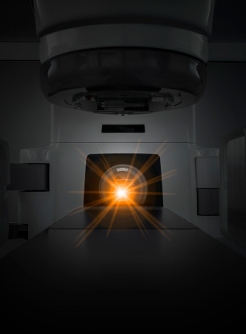
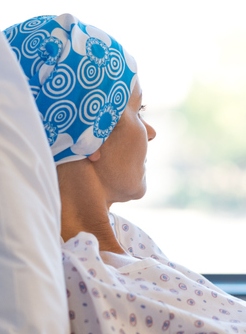

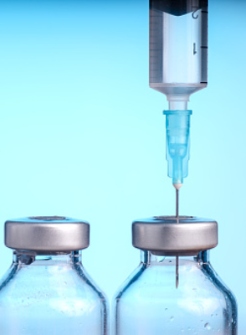



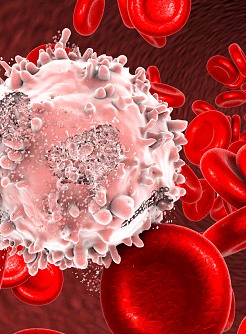




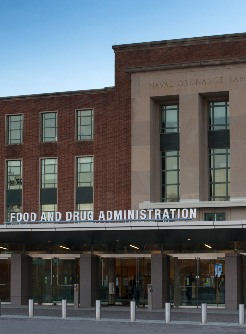


.jpg)





.jpg)






.jpg)
.jpg)
.jpg)
.jpg)
.jpg)
.jpg)
.jpg)

.jpg)
.jpg)